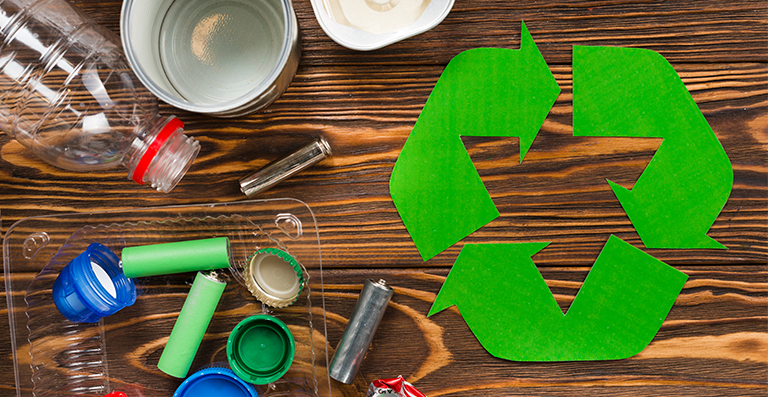Plastic pollution is a significant environmental concern. By recycling plastic, we divert it from ending up in landfills, incinerators, or polluting our oceans, rivers, and ecosystems. Recycling reduces the need for new plastic production, thereby decreasing the demand for fossil fuels and the associated greenhouse gas emissions.
Plastic recycling plays a vital role in addressing the global plastic waste crisis and promoting a more sustainable future. It offers numerous environmental, economic, and social benefits that underscore its importance. Here’s a closer look at why plastic recycling matters:
Conserving Resources: Plastic is derived from non-renewable fossil fuels such as oil and gas. By recycling plastic, we conserve these valuable resources and minimize the environmental impact of extracting and processing them. Recycling reduces the need for raw materials, saving energy, water, and other resources required for plastic production.
Energy Savings: Recycling plastic consumes less energy compared to producing new plastic from virgin materials. The energy savings from recycling can be significant, contributing to the reduction of greenhouse gas emissions and combating climate change. Recycling plastic also requires fewer steps in the manufacturing process compared to producing plastic from scratch.
Creating Economic Opportunities: Plastic recycling has economic benefits by creating job opportunities in collection, sorting, processing, and manufacturing. It stimulates local economies, particularly in regions where recycling facilities are established. Recycling industries can contribute to job growth, skill development, and the promotion of a circular economy.
Promoting Circular Economy: Plastic recycling is a key component of the circular economy, which aims to minimize waste and maximize resource efficiency. By recycling plastic, it can be transformed into new products or used as raw material in manufacturing processes. This closed-loop system reduces the reliance on virgin materials and encourages the continuous use of resources.
Encouraging Innovation: The recycling of plastic materials drives innovation in recycling technologies and processes. As the demand for recycled plastics increases, there is a need for improved sorting, cleaning, and processing methods. This fosters the development of new technologies, such as advanced recycling techniques, that can handle more complex plastic waste streams and expand the range of recyclable plastics.
Raising Environmental Awareness: Plastic recycling helps raise awareness about the environmental impact of plastic waste and the importance of responsible consumption. It encourages individuals, businesses, and governments to adopt more sustainable practices and reduce their plastic footprint. Recycling serves as a tangible solution that promotes environmental stewardship and fosters a sense of responsibility towards waste management.
In conclusion, Plastic Recycling is crucial for mitigating plastic pollution, conserving resources, reducing energy consumption, stimulating economic growth, promoting the circular economy, driving innovation, and raising environmental awareness. By actively participating in plastic recycling efforts, individuals and communities contribute to a more sustainable and resilient future.







